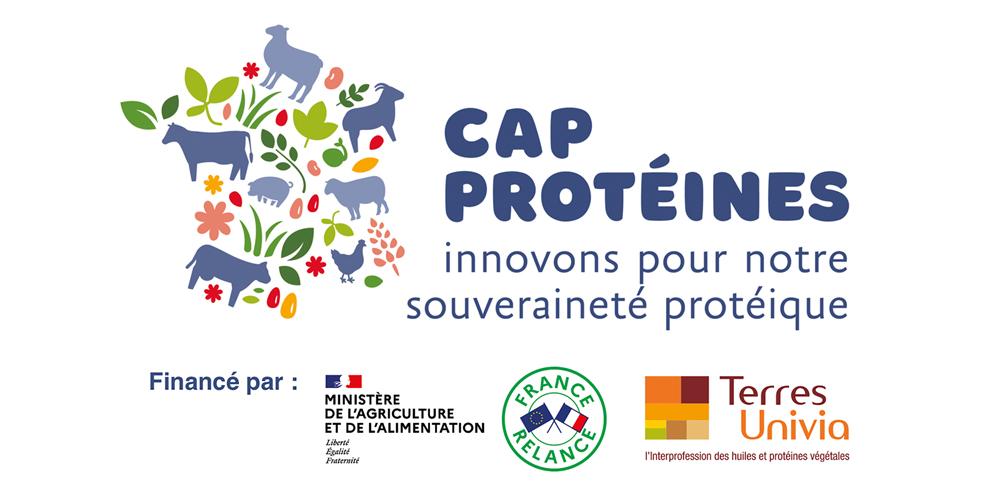Improving the feed efficiency of proteins through processing
Improving the feed efficiency of proteins through processing
The issue of protein autonomy is not so much a question of the quantity of protein available as of the availability of concentrated protein, rich in essential amino acids, digestible by the animal and economically affordable.
Within the framework of Cap Protéines, the activity of Terres Inovia's DTVG (seed processing and valorisation department) aims to act on the technical levers that condition the concentration of proteins, their digestibility and their availability in the local sectors.
In this respect, oilseed hulling is a technique that has the potential to significantly improve the protein content of oilcake.
With rapeseed, the hulls represent about a third of the mass of the meal and their extraction allows the protein content to increase from 33-34% to 42%. This is even more pronounced in sunflower, where the hull represents almost 45% of the meal. A complete hulling of this seed would make it possible to obtain cakes with more than 46% protein compared to 27% in the unhulled version.
Lifting the locks on shelling
Two obstacles limit the practice of shelling: the difficulty of shelling well and the difficulty of achieving efficient mechanical extraction of the oil after shelling.
With regard to the ability to hull sunflower, Terres Inovia has undertaken to elucidate the reason why modern cultivars, which are rich in oil, hull with difficulty in order to orientate varietal selection work.
The problem of mechanical extraction is the subject of a thesis whose objective is to better understand the evolution of the plasticity of the shelled matrix and its interaction with the geometry of the presses in order to improve productivity.
Digestibility of rapeseed and sunflower cakes
Another subject of study dealt with is the problem of the degradation of the digestibility of rapeseed cake linked to heat treatments. The quality surveys carried out by Terres Univia show an average protein solubility (KOH) in oilseed cakes of around 42%, while the digestibility studies carried out on ranges of oilseed cakes with solubilities of between 30% and 50% show a linear relationship between this solubility and the digestible lysine content of the cake.
Each additional point of solubility allows a gain of 0.5 g of digestible lysine. The approach proposed by Terres Inovia is to work on seed preparation in order to reduce the quantity of solvent retained in the pomace before the desolvation treatment.
The case of soybean
Soybean processing by territorial processing units without solvent extraction provides cakes whose quality does not reach the levels obtained experimentally at the pilot scale, either in terms of residual oil content (8-9% vs. 5-6%) or protein solubility (50-75% vs. 75-85%).
Terres Inovia is seeking to identify the reasons why the change in scale leads to performance losses, in particular by observing the operation of industrial units, with a view to proposing avenues for improvement.
Watch the presentation of Patrick Carré, Process Engineer / Strategic Expert at Terres Inovia during the Acta x Agreenium agrowebinar on 22 March 2022.

Contact: Patrick Carré (p.carre@terresinovia.fr)